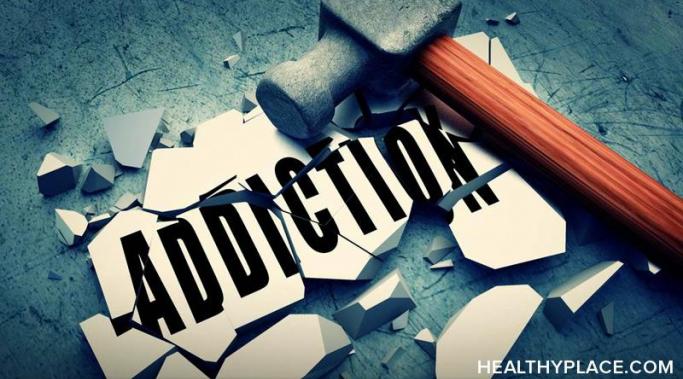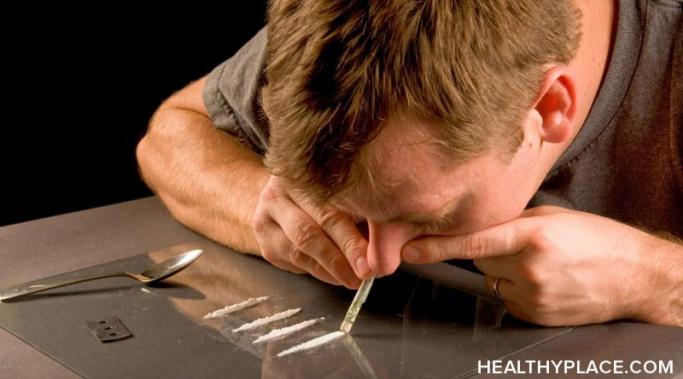I live alone with bipolar disorder, and recently, someone asked me how I do it. I have rarely thought about such a thing as we all just work with the life with have, but let's talk about how I survive as a person living alone with bipolar disorder.
Breaking Bipolar
I had never heard of gambling addiction being a possible side effect of aripiprazole (Abilify) or any other drug. That's why I was shocked to read the headline, "Patients given aripiprazole 'should be told of gambling addiction risks'" in "The Guardian." I consider "The Guardian" to be a source of reliable and fact-checked information, so I looked into it further. It turns out that many people have now recognized that a possible side effect of aripiprazole is gambling addiction.
I talk to myself all the time. In fact, I don't think I know anyone who talks to themselves more than I do. It's an incessant, running commentary on my existence. It's like I have my own narrator — but not only are they saying what's happening, but they're commenting on it, too. The question is, if I talk to myself, is this a part of bipolar disorder?
Insomnia is common in bipolar disorder. Sleep changes (which can be insomnia or hypersomnia [oversleeping]) are noted in the symptoms of major depressive disorder, which is part of bipolar disorder. In fact, I would wager that without medication, every person with bipolar disorder would have sleep problems. In my case, I have insomnia with my bipolar disorder and have had it for three years. But last night, I was lucky. Last night I managed to sleep almost eight hours (interrupted, but still). So, why don't I feel any better?
Dating and depression don't mix very well. When you feel terrible about yourself because of depression, it's not the best time to meet new people and try to develop healthy connections. But if your depression is longstanding, does that mean you shouldn't date? Can you successfully date while depressed?
When treating bipolar disorder, I think it's critical to gain bipolar mood stability first and only then tweak up or down as needed. That means that if you're in a depression right now (and let's face it, that's when people seek help the most), the goal isn't to treat depression, per se, but rather to gain bipolar stability. Of course, I'm not the only one who thinks this. The esteemed psychiatrist Dr. Jim Phelps agrees: treatment should focus on bipolar mood stability first.
You can change a negative, harmful coping skill into a positive skill. Sometimes negative coping skills seem easier or better, but in the end, they aren't. I know initiating such a positive change can seem impossible sometimes, but you can do it.
There are positive and negative coping skills for mental illness. This means that while almost anything can be a coping skill, some are truly helpful, and some are actually harmful. But what are negative coping skills, and why would anyone use a negative coping skill if it's harmful?
There are so many things I took for granted before I had bipolar disorder. Just like many people, I was living a normal-ish life. I was 18 years old; I was at university; I was living with my boyfriend; the stats on my life were definitely in the meaty part of the bell curve. And as such, I certainly never thought about mental illness. I wouldn't have been able to correctly define bipolar disorder for you for a million dollars. Those are certainly days I miss. And looking back, so many things were different before I had bipolar disorder.
I've been writing about bipolar for 20 years. Yes, this is my 20th anniversary. And since 2000, I have been writing about bipolar disorder professionally. I suppose that means I'm old. It also means that I have written a lot. I've written over 700 blog articles for HealthyPlace in the last 13 years. I've done about the same on my own blog. On top of those 1400 posts, I've written hundreds and hundreds of articles on the main part of HealthyPlace and elsewhere (not all about bipolar disorder). The grand total is unknown, but it's at least 2000, anyway. And the question I get asked a lot is, how can you write about bipolar disorder so much? How can you do that for 20 years?









